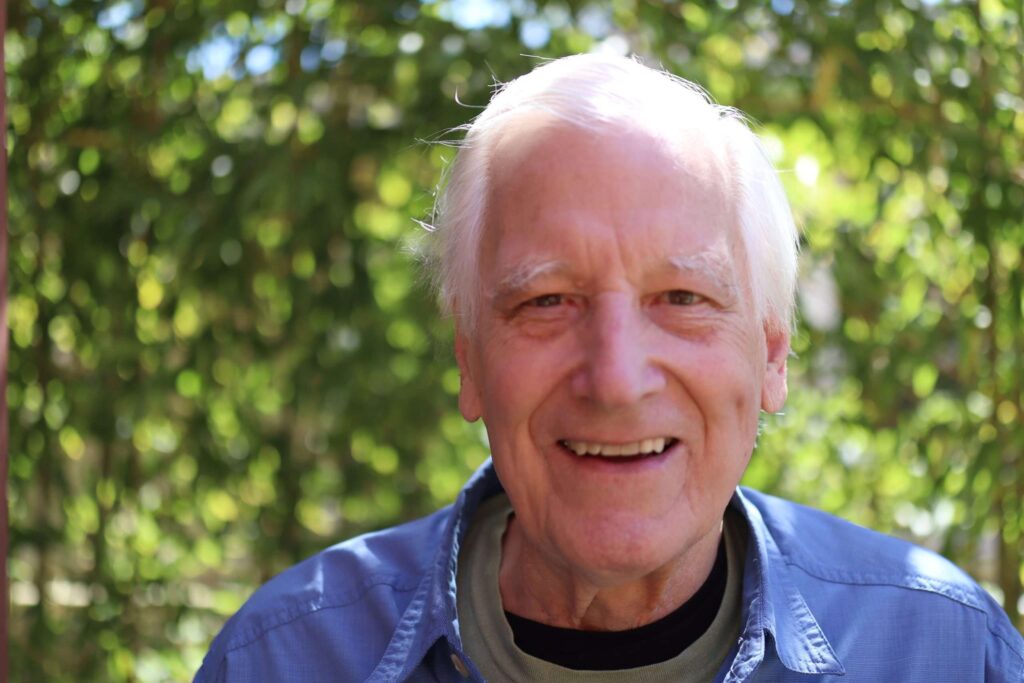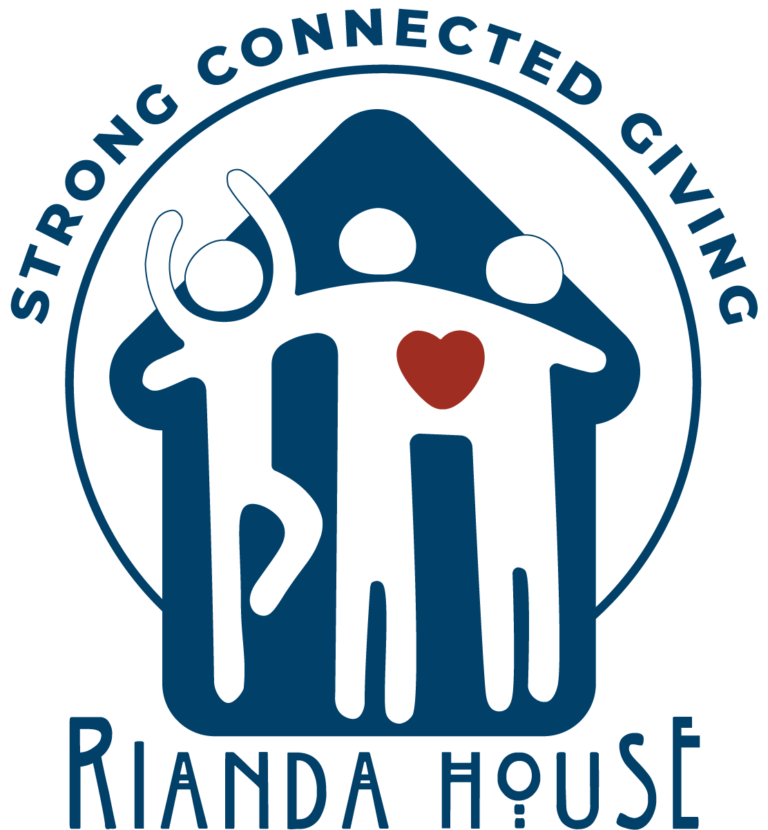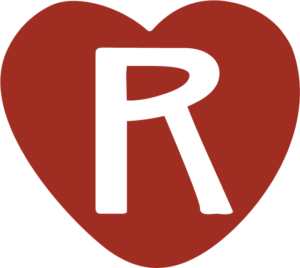
The Future of Our Democracy
Facilitator: Dr. John Oliver Wilson
Class limited to 15 participants. To register contact, Rianda House Programs (707) 963-8555.
What does it mean to be an American in today’s polarized world. It is clear that our nation and our Democracy are being questioned regarding our most important values, how we teach history, how we deal with racial and sexual issues and a host of other social, political and economic challenges. The current environment in which this is occurring is ripe with tension and even violence.
How do come to terms with these developments? The goal of the proposed seminar is to address the current developments and go deeper in our understanding than we get from social media and the traditional forms of communication. To meet as a group of engaged civic-minded citizens to discuss and debate some of the most pressing challenges we face as a society and a nation as well as deepen our understanding of those challenges.
We have been able to recruit an outstanding facilitator for this proposed seminar: Dr. John Oliver Wilson. Some of you may know of him from his very popular Great Decisions Seminars he led at Rianda House for ten years.
Currently, John is deeply involved at UC-Berkeley in their targeted $6 billion capital campaign entitled: “Light the Way” to the future of Berkeley and our nation. This targeted campaign is unique. No other major university has attempted such a targeted campaign. Berkeley leadership has identified what they view as the five most important challenges our nation faces: (1) Data Science and Artificial Intelligence; (2) Energy, Climate, and Environment; (3) Health and Basic Discovery of Health Related Challenges; (4) Innovation and Entrepreneurship, and (5) Democracy and Equality.
Chancellor Carol Christ asked John to take a leading role in the Democracy and Equality challenge which entails: “Study the institutions and practices of democracy and how to make them better, such as closing the income gap and making access to education, work and well-being more inclusive, just, and equitable.”
He has done so, designing and developing several major programs dealing with what the experts at Berkeley and nationwide view as the issues currently driving our future as a Democracy. He would be bringing to our proposed seminar a wealth of information on several of the most important topics that the Berkeley faculty is focusing on right now. Those that John would bring to our seminar as proposed topics for discussion and debate include the following:
One: Critical Race Theory (CRT)
This has become the hottest political issue that will shape the upcoming election two years hence. To date, 41 states have passed legislation or rulings that CRT cannot be taught in our public schools. Demonstrations have raged across the country that CRT cannot be taught and that parents should have greater say in school curriculum. Republicans have been able to rally massive local community support for curtailing CRT. Democrats are struggling to counter. Just what is critical race theory? Why has it surfaced as such a major political issue?
Two: Cultural Wars
Our nation is polarized by what the experts and the politician’s term “cultural wars.” These wars reflect fundamental and strongly held views by Americans on what our world should strive to become regarding our values, our history, our families and our communities, and how we deal with the tension in racial and sexual factions. These cultural wars go far deeper than the conventional characterization in social media and social commentators (TV and press), i.e. Red vs Blue states, Trumpism vs Left Leaning “Policy Wonks,” urban vs rural etc.
What do we mean by cultural wars? What are the major issues that define a cultural war?
How might we address the challenge of cultural wars polarizing our society and our nation?
Three: 1776 vs. 1619
Another hot political issue. This one was set off several years ago when The New York Times Magazine published a study which “aims to reframe the country’s history by placing the consequences of slavery and the contributions of black Americans at the very center of the United States national narrative.” The project was led by journalist Nikole Hannah-Jones who won the Pulitzer Prize for her efforts. The Times study immediately set off a raging debate and strong backlash by prominent historians as well as conservative Republicans. Most Democratic leadership stood in the wings not certain how to move. And the rage continues as the nation focuses on the upcoming 250th anniversary of the Declaration of Independence in 1776.
What is this issue all about? How does it shape how we teach and understand our history?
Four: Social Justice
Social Justice is a term that is thrown about by politicians, social commentators and others without any clear statement of what they mean. It is viewed by some of the far right as smacking of socialism and even Communism. Those on the far-left view it as a calling card for massive social change and greater government expenditures on social programs. Experts recognize that social justice encompasses a wide range of justice issues from legal justice to political justice to economic justice. What is the meaning of social justice? What does social justice encompass?
Our proposed facilitator is an acknowledged expert on these four issues at UC-Berkeley, particularly social justice. In fact, he is known as the “Warrior for Social Justice” at Berkeley. He can clearly bring to our proposed seminar the leading thinking and debate among national experts on these issues.
In my discussion with him, he emphasized that the proposed seminar is not an academic lecture course, but an engaged discussion/debate forum where participants must respect the views of each other and agree to engage in honest and open debate on these highly controversial issues. John views the seminar as a sounding board where he can share the latest expert thinking on these issues from a major institution (UC-Berkeley) and take back to those experts what well educated and committed civic-minded participants think about the issues.
How to Register
Our goal is to limit the seminar participants to around fifteen so that we can engage in meaningful dialogue. The seminar will begin May 4 and be conducted every other Thursday from 2:00 to 4:00 pm at Rianda House. The seminar will extend over the next several months depending upon the interest and desires of the participants.
To register contact: Rianda House Programs (707) 963-8555.

